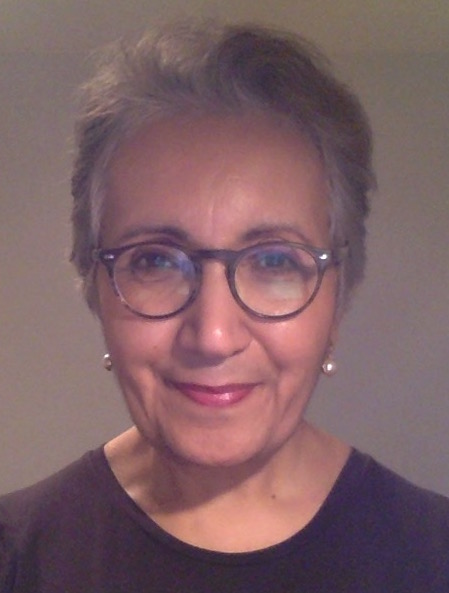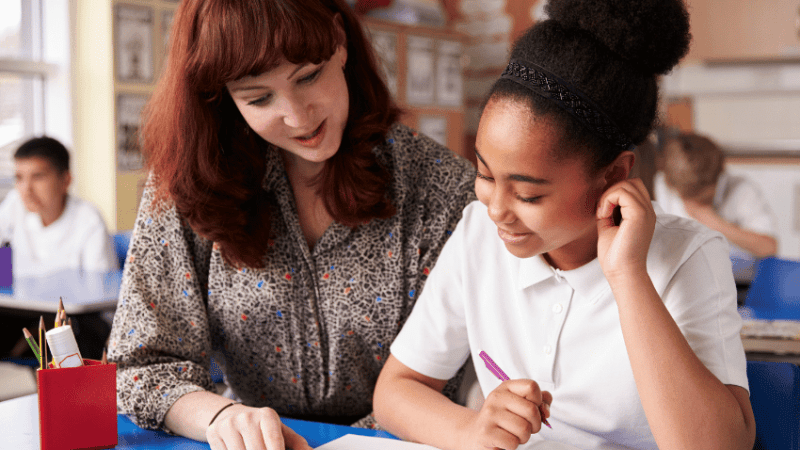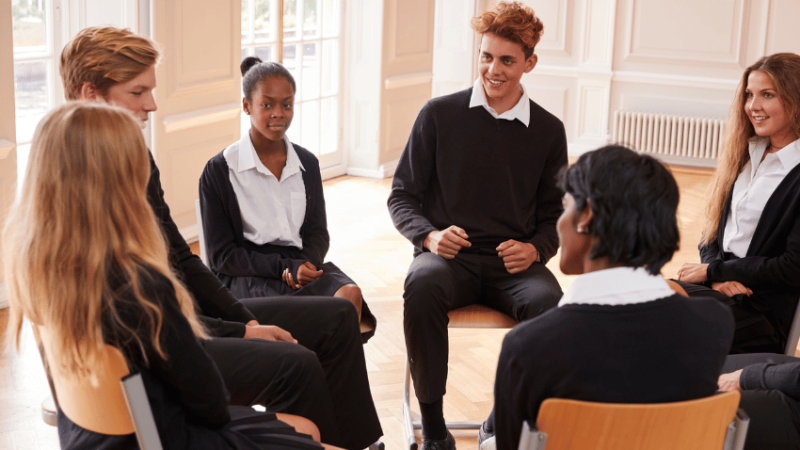The importance of impartiality – Why social activism and schools shouldn’t mix

The value of educational impartiality is being imperilled by the determination of some practitioners to produce student activists, writes Alka Sehgal Cuthbert

- by Dr Alka Sehgal Cuthbert
- Teacher, independent academic, writer and director of Don’t Divide Us Visit website

There is a legal public duty for maintained and independent schools to enact impartiality in their practice, as set out in the Education Act and the Independent Schools Standards respectively.
MATs are meanwhile regulated by their funding agreements with the Secretary of State as charitable companies, and are subject to both the Independent School Standards and Academies Financial Handbook.
It’s important to note, however, that this requirement for schools to be impartial extends beyond party politics alone.
Deeply pernicious
Last year, the Minister for Equalities, Kemi Badenoch, gave a speech in which she reminded the teaching profession of its duty to maintain impartiality, prompting accusations from some quarters that the government was attempting to censor teachers.
Academics at the UCL Institute of Education, for example, remarked that her (disapproving) citation of critical race theory (CRT) amounted to “An attack on Black scholars and activists who are already struggling against racial injustice.”
And yet somehow, amid all the concern over whether teachers can or should be teaching material produced by activist groups such as BLM and The Black Curriculum, the issue of impartiality itself was barely remarked upon.
The notion of ‘impartiality’ is often conflated with demonstrating a lack of passion or ethical commitment. Contrary to received wisdom, though, being an impartial educational institution actually requires high levels of both passion and ethical commitment – only to truth and its attendant virtues, rather than nebulous ‘social justice’ causes.
We’re currently witnessing the emergence of a disturbing trend, whereby some educators and LAs appear keen to accept – or even promote – the idea that schools ought to be incubators of socially responsible activism.
The focus might be racism, trans rights, environmentalism or even a combination of all three. In any case, it’s a tendency that’s both wrong- headed and deeply pernicious, since it undermines the very idea of education being a public and liberal good, underpinned by the practising of political impartiality.
Social constructs
This adherence to political impartiality isn’t the product of some ruse cooked up by those in power to suppress minority groups. On the contrary, impartiality is what enables modern, pluralistic societies to function.
Demonstrating impartiality in the classroom doesn’t require teachers to leave their personalities and political convictions at the school gates, but it does demand that they embrace temporary identities as educators charged with a specific task – introducing the next generation to the best (I.e. reliably validated) knowledge we have to date, in ways that encourage pupils to think for themselves and become better at evaluating and judging various claims.
We do this because in the pluralistic, democratic societies in which they’ll spend their adult lives, they can expect to confront many difficult and competing claims on truth and reality.
In our daily lives, we typically won’t encounter fully neutral, discursive spaces in which we’re encouraged to consider the existence and meanings of different ideas. Such spaces are purely social constructs, and highly valuable ones at that.
They allow us to evaluate and judge ideas on their own terms, relatively unencumbered by personal feelings and motives. Participating in these spaces involves entertaining the possibility that the everyday meanings by which we navigate our personal and social lives can be held in abeyance.
Instead, we ask our pupils to consider concepts and statements much more freely, and from multiple perspectives – even those we may dislike. That involves recognising that it’s possible to like, and perhaps even love individuals holding ideas and beliefs we might otherwise vehemently disagree with.
This is no great philosophical insight; most of us do this constantly in relation to our own families!
Collective practice
Impartiality is a collective effort. It can’t be ‘taught’ via discrete lessons, but is instead acquired gradually, through collective practice. It’s this approach that’s historically informed the growth and development of Britain’s education system, albeit sometimes unevenly, with accompanying battles over pragmatism versus principles.
A common, broad and balanced curriculum up to an agreed age of compulsory schooling. The application of universal standards of behaviour, uniform rules and expected standards of work. Both have been core features of Britain’s education system up to now, and contingent upon the recognition of impartiality as a guiding principle for the teaching profession.
Sadly, however, the intellectual and imaginative steps needed to inculcate impartiality are increasingly at odds with an education culture that appears to be placing a greater priority on emotional safety and risk aversion.
Indeed, impartiality is inherently risky, because it increases the likelihood of encountering ideas that lead us to question deeply held beliefs. In 2008, Dennis Hayes and Katharine Eccleston identified problems that the therapeutic turn in education posed for education and wider society in their book, The Dangerous Rise of Therapeutic Education.
Today, continuing efforts at reconceptualising individuals (be they pupil, teacher or citizen) as fragile and in need of protection, more than intellectual or aesthetic freedom, are further bolstered by modern redefinitions of anti-racism, which in turn threaten to erode publicly accepted models of liberal education.
The extent to which the status and value of liberal education is being demoted, and even stigmatised among cultural and academic elites can be seen in the cultural validation afforded to the Channel 4 documentary The School That Tried to End Racism. Originally broadcast in 2020 and subsequently honoured with a BAFTA award, its influence appears to have been wide, with a number of LAs and headteachers now busily hiring their own diversity, inclusion and equity experts for advice on how to join the ‘actively anti- racist’ movement since it was aired.
Original historical sin
The qualifications of these groups offering ‘expertise in race’ vary widely, as do their proposals. Some seem reasonable enough – using anonymised CVs when recruiting, for instance – but these groups often tacitly endorse two central tenets that are, in my view, educationally and socially highly destructive.
The first is the notion that we’re born into a society where, due to an ‘original historical sin’ (typically colonialism or slavery), racism is baked into every aspect of private, social and public life. The second tenet is that the purpose of schools and the curriculum is to directly address these structural disadvantages.
However, there has been little substantive thought or discussion as to whether either of these tenets are wholly, or even partially true. We’re seeing schools and councils enthusiastically promote anti racist strategies, yet the beliefs underpinning those efforts are fundamentally antithetical to those of a liberal society and a liberal education system.
We’ve arrived at a point where a thorough public discussion needs to be had over the first principles of education. Is there genuine public support for schools’ attempts to produce pupil activists who will go on to articulate the political beliefs of their teachers? Or is teacher impartiality more important? For some, that will be a difficult question – but one that needs to be answered.
Alka Sehgal Cuthbert is a teacher, independent academic and writer, and co-editor of What Should Schools Teach? – Disciplines, subjects and the pursuit of truth, 2nd Ed (£25, UCL Press); follow her at @ASCphiled.










